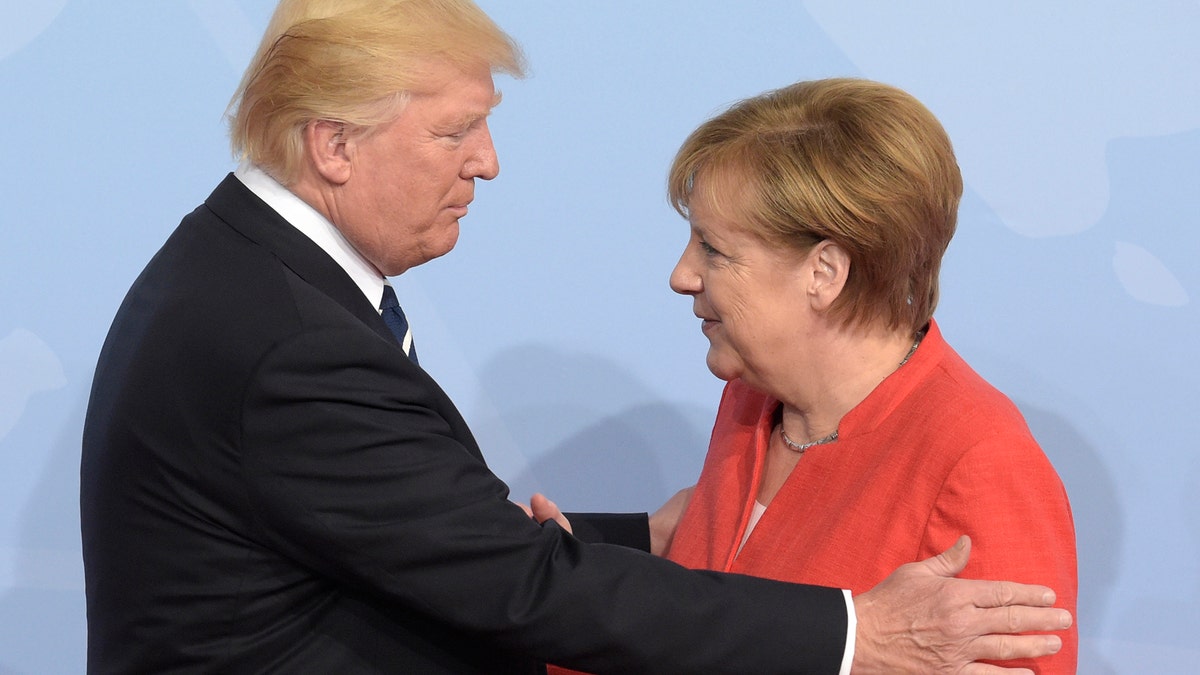Fox News Flash top headlines for June 5
Fox News Flash top headlines are here. Check out what's clicking on Foxnews.com.
President Trump has directed the Pentagon to remove thousands of American troops from Germany by September, a move that would dramatically reshape the U.S. military posture in Europe and reflects growing tensions between Washington and Berlin over military spending and other security issues, U.S. government officials said Friday.
The removal order would reduce the U.S. troop presence in Germany by 9,500 from the 34,500 service members who are permanently assigned there. It would also cap at 25,000 the number of American troops in Germany at any one time. Under current practice, overall troop levels can rise to as high as 52,000 as units rotate in and out or take part in training exercises.
GERMANY'S MERKEL ACCUSES RUSSIA OF HACKING HER EMAIL ACCOUNT
The Trump administration ordered the change in a memorandum signed recently by White House national security adviser Robert O’Brien, the officials said Friday.

U.S. President Donald Trump, left, is welcomed by German Chancellor Angela Merkel on the first day of the G-20 summit in Hamburg, northern Germany, Friday, July 7, 2017. (Associated Press)
The decision drew criticism from some former senior defense officials and lawmakers concerned that it would further weaken a key alliance and empower U.S. adversaries. Moscow is likely to welcome the open display of differences between two key North Atlantic Treaty Organization allies, U.S. experts said, though Russia didn’t comment publicly on the development.
One senior U.S. official said that the administration has been discussing the move since September and that it isn’t linked to German Chancellor Angela Merkel’s decision not to attend a G-7 meeting Mr. Trump was to host in Washington at the end of June.
CLICK HERE TO GET THE FOX NEWS APP
But the official acknowledged that it reflected the Trump administration’s long frustration with German policy, especially the nation’s level of military spending and its insistence on completing the controversial Nord Stream 2 pipeline that will channel Russian gas directly to Germany under the Baltic Sea.


